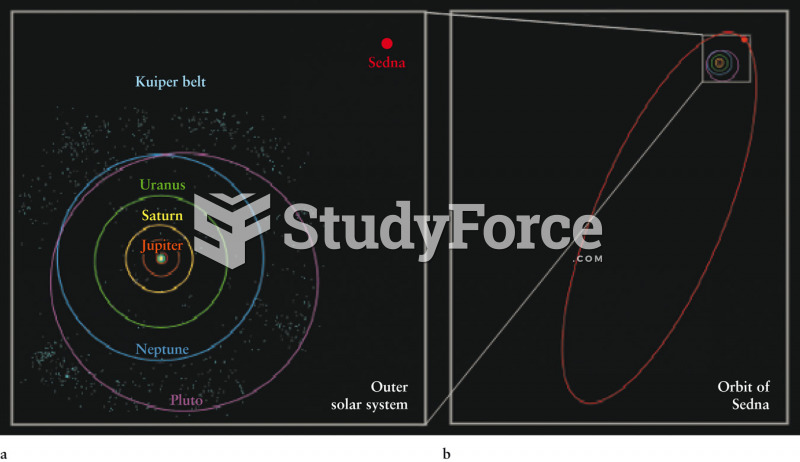|
|
|
More than one-third of adult Americans are obese. Diseases that kill the largest number of people annually, such as heart disease, cancer, diabetes, stroke, and hypertension, can be attributed to diet.
More than 2,500 barbiturates have been synthesized. At the height of their popularity, about 50 were marketed for human use.
Blastomycosis is often misdiagnosed, resulting in tragic outcomes. It is caused by a fungus living in moist soil, in wooded areas of the United States and Canada. If inhaled, the fungus can cause mild breathing problems that may worsen and cause serious illness and even death.
In 1844, Charles Goodyear obtained the first patent for a rubber condom.
Cancer has been around as long as humankind, but only in the second half of the twentieth century did the number of cancer cases explode.







